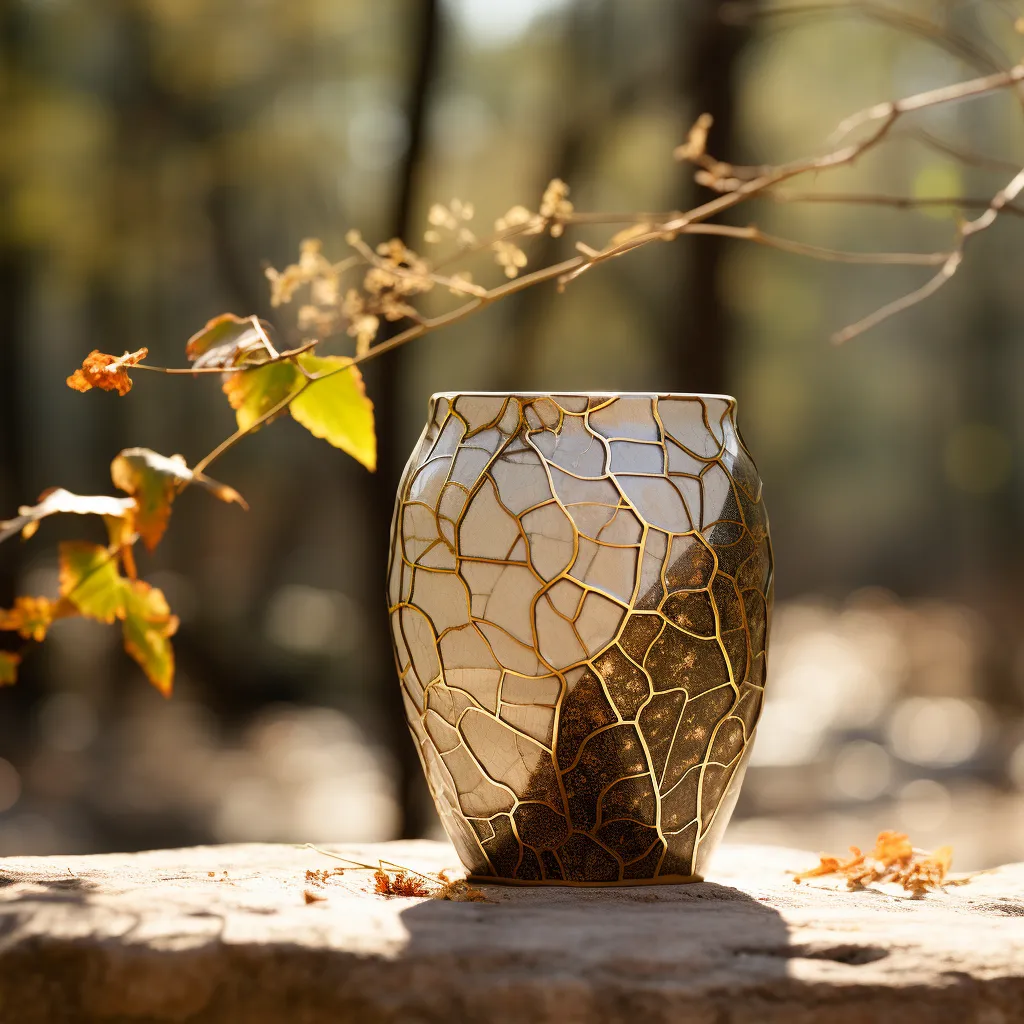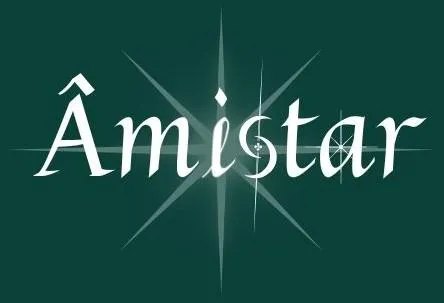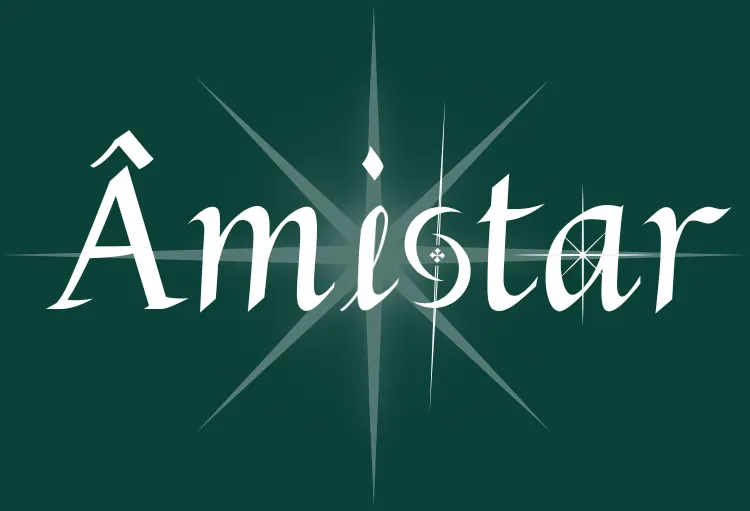Veterans at Indigenous healing ceremony
Veterans at Indigenous healing ceremony
Recent Articles

Embracing Imperfection: The Beauty of Wabi-Sabi in Personal Growth
PART 1 (scroll down for PART 2)
Wabi-Sabi is rooted in the Zen Buddhism tradition and is a profound Japanese philosophy that finds elegance in the imperfect, impermanent, and incomplete. Whereas the pursuit of flawlessness often leads to stress and dissatisfaction, Wabi-Sabi invites us to embrace the full spectrum of pain and pleasure, trauma and expansion, sadness and joy. It's a lens through which we can view the world with appreciation for the beauty of the rustic, the weathered, and the timeworn. In a world chasing perfection, Wabi-Sabi offers a refreshing and deeply meaningful perspective that teaches us to embrace life's natural flow, finding peace in the impermanence and imperfection of the world around us.
The Art of Golden Repair A poignant manifestation of the Wabi-Sabi philosophy is the art of repair known as Kintsugi, where broken pottery is mended with lacquer mixed with powdered gold, silver, or platinum. This art form doesn't just repair the object; it enhances its beauty by embracing and highlighting the cracks, thus transforming flaws into symbols of beauty and strength. The golden cracks symbolize a journey of healing and rejuvenation, teaching us that our scars, whether physical, emotional, or psychological, are not just marks of survival but are essential parts of our personal story that likewise enhance our own inner and outer strength, resilience, and beauty.
Personal Growth through Imperfection Wabi-Sabi invites us to apply the principles of Kintsugi to our lives. Our flaws, mistakes, and the traumas we endure are not aspects to hide or regret. They are opportunities for us to mend and grow stronger, more resilient, and more beautiful in our own unique way. Like the golden veins in Kintsugi pottery, our challenges and imperfections can be transformed into lines of beauty, strength, and character.
Self-Acceptance and Mindfulness Embracing Wabi-Sabi fosters self-acceptance and mindfulness. By recognizing the beauty in our 'flaws', we can attain a deeper understanding and appreciation of ourselves. Even the most traumatic experiences can be integrated – which takes time, but is possible. Without changing the reality of what happened, we can shift the energy around it, and transform the trauma into golden streaks of resilience and courage. We can choose to shift any idea that we are “broken” into a full, loving acceptance of ourselves as we are, perceived “flaws” and all. Sometimes, these supposed cracks and imperfections actually represent our most empowering experiences that have shaped us into the perfectly imperfect yet whole and holy humans that we are. Sometimes they become the pivotal moments that propel us towards our purpose, and reveal the way that we might uniquely contribute to our world, our communities, our families, and our own personal growth.
Call to Action & Invitation to Explore Further As you reflect on your own life, consider the 'cracks' you've encountered. How can you fill them with 'gold' and transform them into a testament of your unique journey? For a deeper exploration into how Wabi-Sabi philosophy can influence your daily life and transformative personal growth, I invite you to read on!
“The scars are the design. Your attention is drawn to the cracks and how they are mended. That is what you’re supposed to see. The beauty is in the brokenness.” - Justin Whitmel Earley
PART 2
Japanese Origins: Wabi-Sabi reminds us that in the natural world, nothing is perfect, permanent, or complete. It encourages us to find a serene beauty in life's imperfections, in contrast to the pursuit of perpetual growth and perfection. As we explore this profound concept, it is with deep gratitude and respect that we acknowledge its Japanese origins. The wisdom of Wabi-Sabi has been nurtured and preserved within Japanese culture for centuries, and it is a privilege to learn from and incorporate its teachings into our lives. In embracing Wabi-Sabi, we are not merely adopting a philosophy; we are paying homage to a culture that has long understood the beauty in the ephemeral and the imperfect. It is an invitation for cultural appreciation, allowing us to connect with the rich heritage and profound wisdom of Japan. Through this lens, we learn to appreciate the imperfections in ourselves and the world around us, seeing them not as flaws, but as intrinsic parts of beauty and life’s tapestry.
Healing Through Wabi-Sabi The art of Kintsugi offers a profound metaphor for healing, especially in the context of personal trauma. This ancient art, where broken pottery pieces are lovingly reassembled with golden lacquer, symbolizes a deeper truth: we can mend the fractures in our lives with the gold of wisdom and experience. As a framework for trauma healing, Wabi-Sabi teaches us to honor all our experiences. It's about fully acknowledging the events that shattered our sense of self, without allowing them to define us. In this process, we learn to 'digest' our experiences, metaphorically extracting the nutrients and discarding what no longer serves us. This is not a process of forgetting or erasing the past but of transforming our relationship with it. Like the art of Kintsugi, we do not merely put the pieces back together; we imbue them with new meaning.
In my coaching practice, I've witnessed the transformative power of this approach. Individuals come with their stories of pain and resilience, and as they shift the energy around “what happened” they begin to see their scars not as reminders of suffering but as marks of strength and wisdom. They learn to integrate their experiences, replacing the broken shards of their past with golden insights. This integration is not just about healing; it's about redefining oneself, recognizing that each crack and fissure has contributed to their unique beauty and strength.
By fully embracing every facet of our journey, we allow ourselves to grow from our experiences. The golden wisdom we use to mend our breaks doesn't just patch up old wounds; it transforms them into sources of strength, resilience, and profound beauty. In this way, we reassemble the pieces of our past into a mosaic that tells a story of triumph, growth, and the transformative power of embracing our imperfections.
Practical Applications in Daily Life
Incorporating Wabi-Sabi into our daily lives is a practice in mindfulness and compassion. It's about appreciating the elegance in the ordinary and embracing the beauty in the aging process of things around us. For instance, consider the quiet dignity of a withered flower in your garden, its faded petals a testament to the passage of time and the cycles of nature. Or the comfort found in a well-worn book, its tattered edges and creased pages holding stories beyond the printed words. Might you even choose to find delight in the laugh lines on your own face, or in a beloved elder’s wrinkles?
In our homes, Wabi-Sabi manifests through spaces that are authentic and lived-in. A cracked vase, rather than being discarded, might stand proudly as a centerpiece. A handmade quilt, pieced together from old garments, becomes more than just a blanket; it’s a mosaic of memories, each patch telling a story.
This philosophy extends to our relationships and personal aspirations as well. In our interactions with others, Wabi-Sabi teaches us to appreciate their evolving characters, accepting them in their entirety, with all their unique traits and experiences. In our personal growth, it's about acknowledging our own imperfections and limitations, not as obstacles but as essential elements that contribute to our unique journey. Embracing Wabi-Sabi in self-care might mean appreciating the reflection in the mirror, seeing the wisdom in every line and the stories behind each wrinkle. It's about finding moments of tranquility in the simplicity of everyday activities, whether that’s during a quiet walk, in meditation, or while enjoying a cup of tea as the sun sets.
By integrating Wabi-Sabi into our daily routines and surroundings, we transform everyday moments into profound experiences of beauty and connection, discovering peace and contentment in the perfectly imperfect tapestry of life.
The path to embracing Wabi-Sabi is a deeply personal journey of self-discovery and acceptance. It's about learning to see ourselves, with all our 'flaws', as complete and whole. This journey isn't without its challenges; it often means confronting deeply ingrained beliefs and societal pressures. Yet, the rewards are immense: finding authenticity, peace, and a deeper connection with ourselves in all of our wholeness, and with the imperfect world around us. Personal insights and stories from those who've walked this path illuminate the transformative power of this philosophy.
Conclusion and Invitation As we conclude this exploration, we are reminded that true beauty lies not only in what is traditionally seen as 'perfect' but also in what is real and authentic. Embracing our imperfections – whether they're in ourselves, our relationships, or our surroundings – can lead to a profound sense of peace and fulfillment. For those who wish to delve deeper into this philosophy and how it can aid in personal growth, I extend a warm invitation to explore my coaching services, where together we can embark on a journey of transformation and healing. Sending gratitude, and wishing you peace, safety, love, forgiveness, and wholeness. 🙏🏽
This is your invitation to join us on this journey of transformation, healing, and friendship that transcends boundaries!
Be part of Amistar's journey! Support our mission of cultivating wellness, nurturing friendships, and building resilient communities in harmony with nature.
Your involvement, whether through sharing this vision, cheering us on, or providing a loan or grant, will help shape a future of deep connection to the Earth and to each other. A future in which we thrive, not just survive.
PLEASE REACH OUT!
If you can make introductions, desire more details, or have ideas to share. Together, let us create a legacy of positive change.
With heartfelt gratitude,
Abi Dorhosti, Lt Col (Ret), USAF






